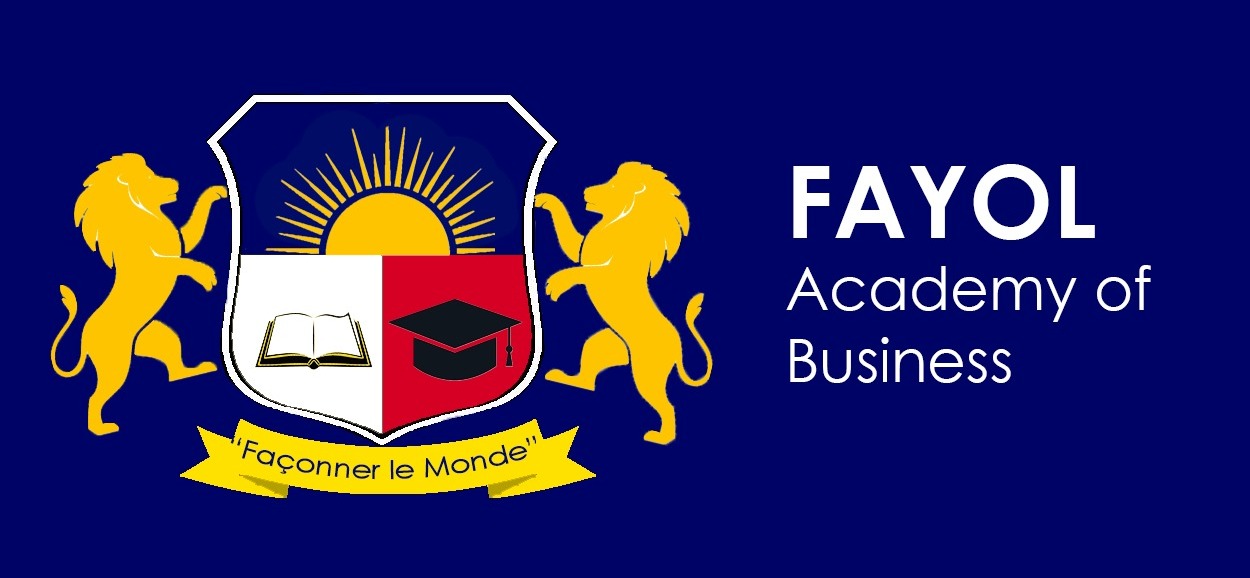Revolutionizing the Workplace: The Dynamic Impact of Artificial Intelligence on Human Resource Management
![]()
![]() Artificial Intelligence (AI) has a significant impact on human resource management (HRM) across various aspects of the employee lifecycle. Some of the key areas affecting HR are, recruitment and talent acquisition, employee onboarding, employee engagement, performance management, learning and development, performance management, employee retention, and workforce planning,
Artificial Intelligence (AI) has a significant impact on human resource management (HRM) across various aspects of the employee lifecycle. Some of the key areas affecting HR are, recruitment and talent acquisition, employee onboarding, employee engagement, performance management, learning and development, performance management, employee retention, and workforce planning,
Automated Resume Screening: AI can quickly analyze and screen large volumes of resumes, identifying candidates whose skills and experiences align with job requirements. This helps in streamlining the initial stages of the recruitment process. Chatbots for Initial Interactions: Chatbots powered by AI can engage with potential candidates, answer basic questions, and even conduct initial interviews, saving time for both recruiters and candidates.
Personalized Onboarding: AI can customize the onboarding process based on individual employee needs, providing personalized training plans and resources. Automation of Administrative Tasks: Routine administrative tasks related to onboarding, such as document processing and form-filling, can be automated, allowing HR professionals to focus on more strategic aspects of onboarding.
Predictive Analytics: AI can analyze employee data to predict trends related to engagement and identify potential issues. This allows HR teams to proactively address concerns and improve overall employee satisfaction. Feedback and Surveys: AI-powered tools can collect and analyze employee feedback and survey responses, providing insights into the organizational climate and areas that need attention.
Continuous Performance Monitoring: AI enables real-time monitoring of employee performance through data analysis. This facilitates continuous feedback and allows for more dynamic performance assessments. Predictive Analytics for Performance Trends: AI can predict performance trends based on historical data, helping HR professionals identify patterns and make informed decisions about talent development and succession planning.
Personalized Learning Paths: AI can recommend personalized learning paths based on an employee’s skills, preferences, and job role. This enhances the effectiveness of training programs. Skill Gap Analysis: AI can analyze the skills of individual employees and the overall workforce, helping HR teams identify skill gaps and plan targeted training initiatives. Demand Forecasting: AI can assist in predicting future workforce needs by analyzing historical data, market trends, and business forecasts. This helps organizations plan for recruitment, training, and talent development.
Identifying Flight Risk: AI algorithms can analyze various factors to identify employees at risk of leaving the organization. This allows HR to take proactive measures to retain valuable talent. Customized Retention Strategies: AI can help HR professionals tailor retention strategies based on individual employee profiles, addressing specific concerns and motivations.
While AI brings numerous benefits to HRM, it’s essential to consider ethical implications, data privacy, and the potential impact on the human touch in HR processes. Balancing technology with a human-centric approach is crucial for successful AI integration in human resource management.




